BASF announces winners of the open innovation contest on energy storage
Green Car Congress
NOVEMBER 24, 2015
The winning concepts were: A molten air battery that uses a molten salt electrolyte at elevated temperature from Professor Stuart Licht at George Washington University. A novel rechargeable zinc battery from the research group of Professors Paul Wright and James Evans from the University of California, Berkeley.





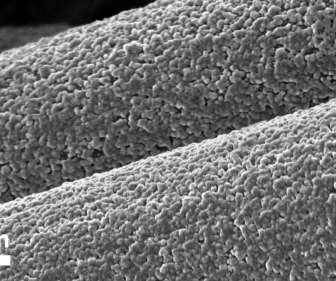





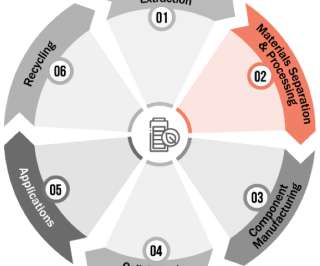












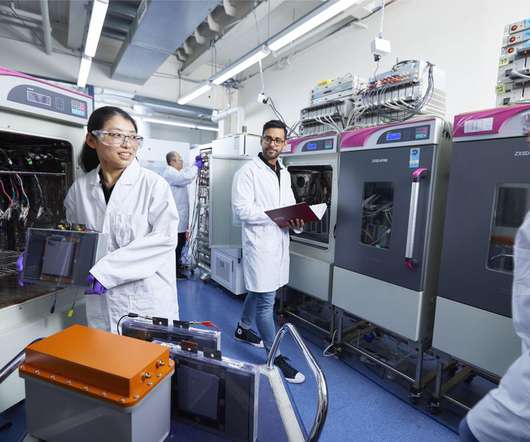
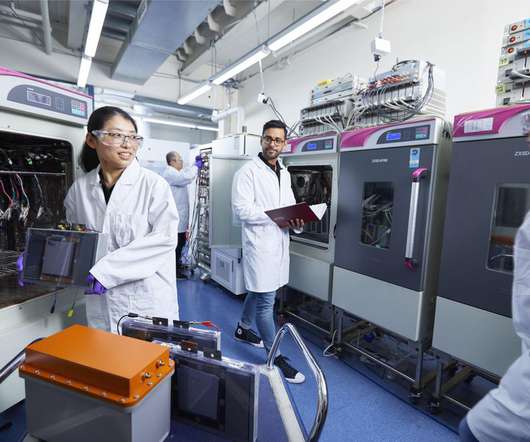




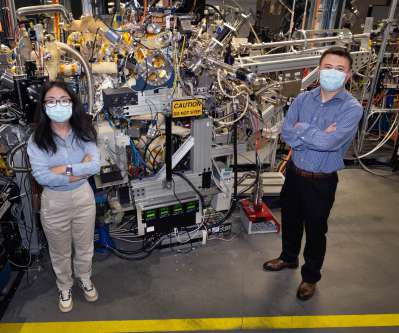




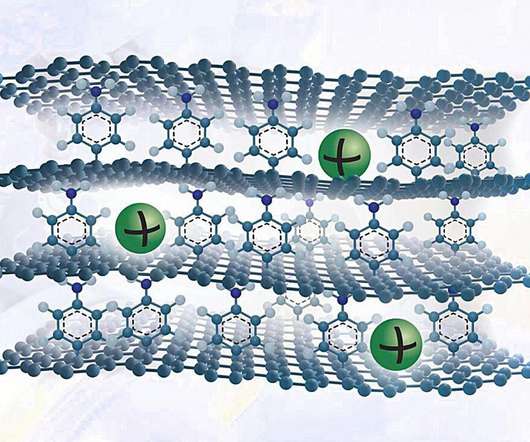






Let's personalize your content